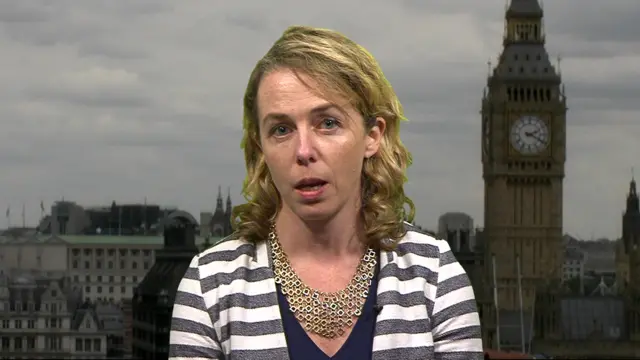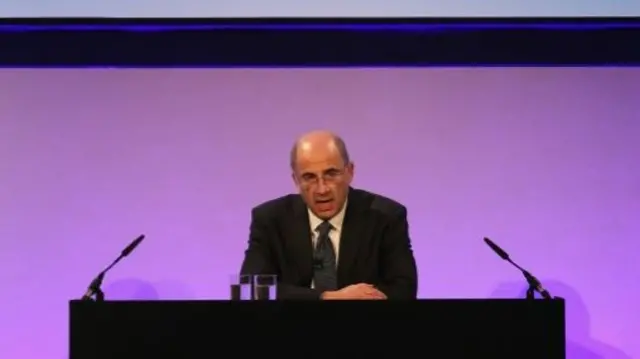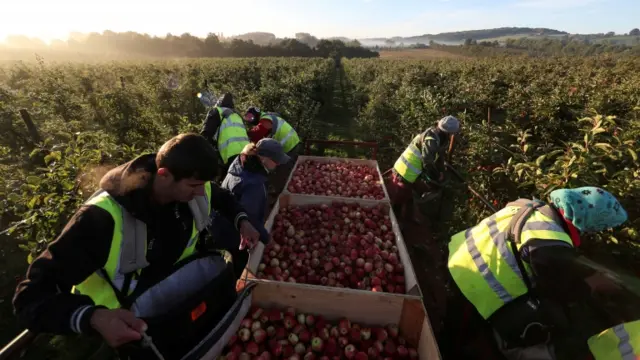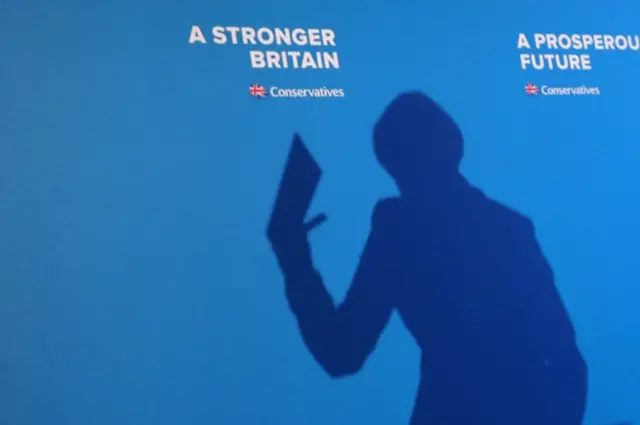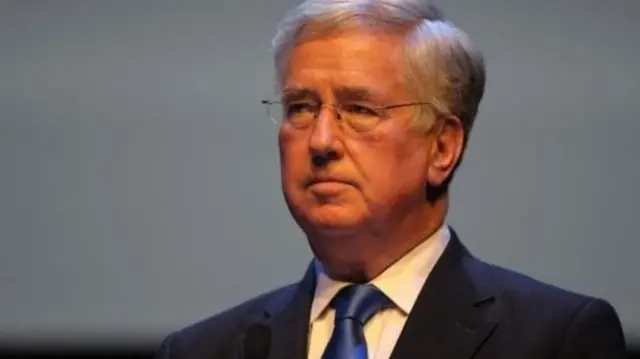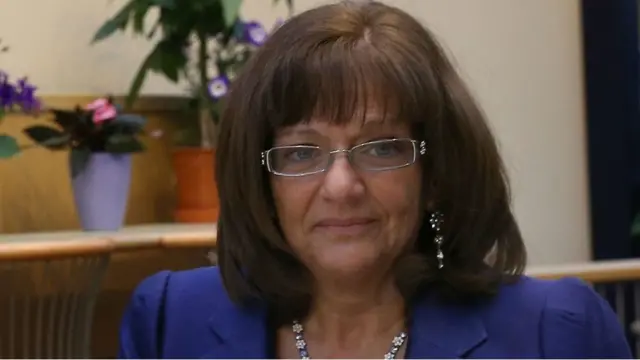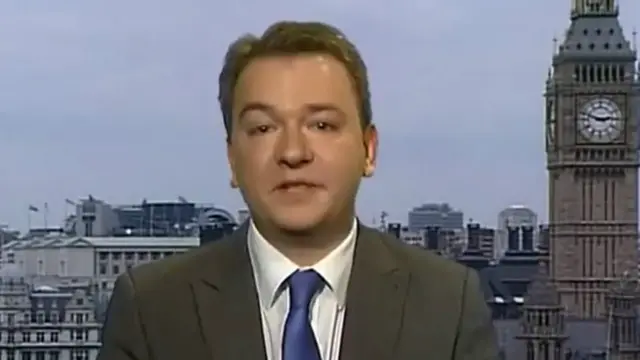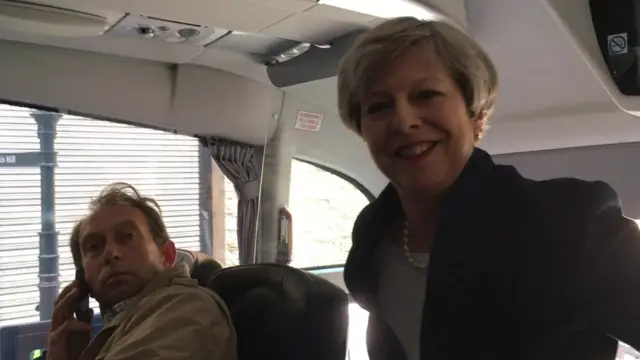'Mainstream May'published at 14:49 BST 18 May 2017
 Laura Kuenssberg
Laura Kuenssberg
BBC political editor
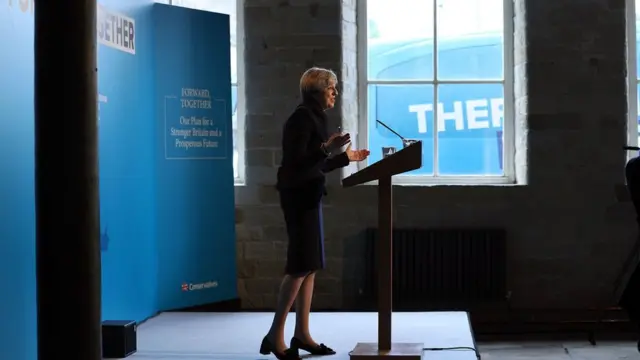 Image source, AFP/Getty
Image source, AFP/GettyUntil not that long ago, Theresa May was perhaps best known for her characterisation of the Tory party as a group that some voters thought was "the nasty party".
Years and years later, it feels her first manifesto pitch as prime minister is the logical conclusion of that.
In her manifesto she tried to make a bold claim, that the Tories had never been the party of untrammelled free markets, that they had always believed that government could be a force for good - indeed that it is time for an end to political tribes, that she is for and represents the mainstream.
The manifesto explicitly rejects the idea of a centre ground that is defined by what she described as Westminster "elites".
Instead, she is putting forward the notion that somehow, she can genuinely represent everyone - well, everyone who is in the middle.
Read the rest of Laura's blog here.

